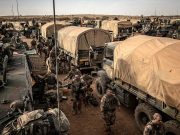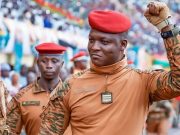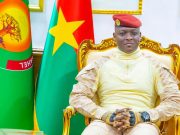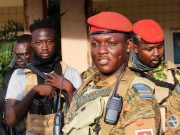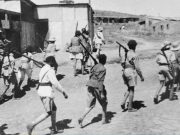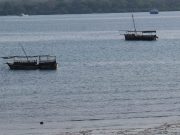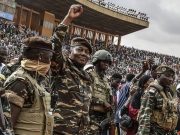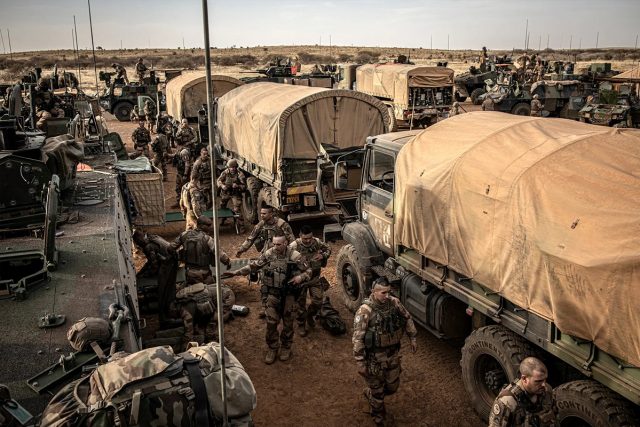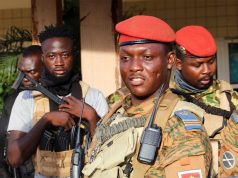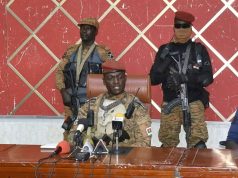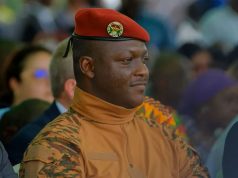Traore was also concerned that the presence of hundreds of French soldiers in the fight against jihadists hadn’t made a difference. A 2018 military accord between France and Burkina Faso had paved the way for France to send its soldiers to assist in the fight against Islamist insurgents affiliated with al-Qaeda and ISIL (ISIS).
In addition, France had a broader military mission across the Sahel known as Operation Barkhane, launched on August 1, 2014. With around 3,000 troops based in N’Djamena, Chad, the operation aimed to target Islamist groups in cooperation with five former French colonies: Burkina Faso, Chad, Mali, Mauritania, and Niger. However, by 2017, the mission had yet to achieve significant results. This greatly bothered Traore. Western allies were falling short. His own leaders both in the army and the country were falling short. Though still in his late twenties, these experiences began shaping his view of leadership and governance, planting the seeds of discontent with both local corruption and Western influence that would later drive his rise to power.
